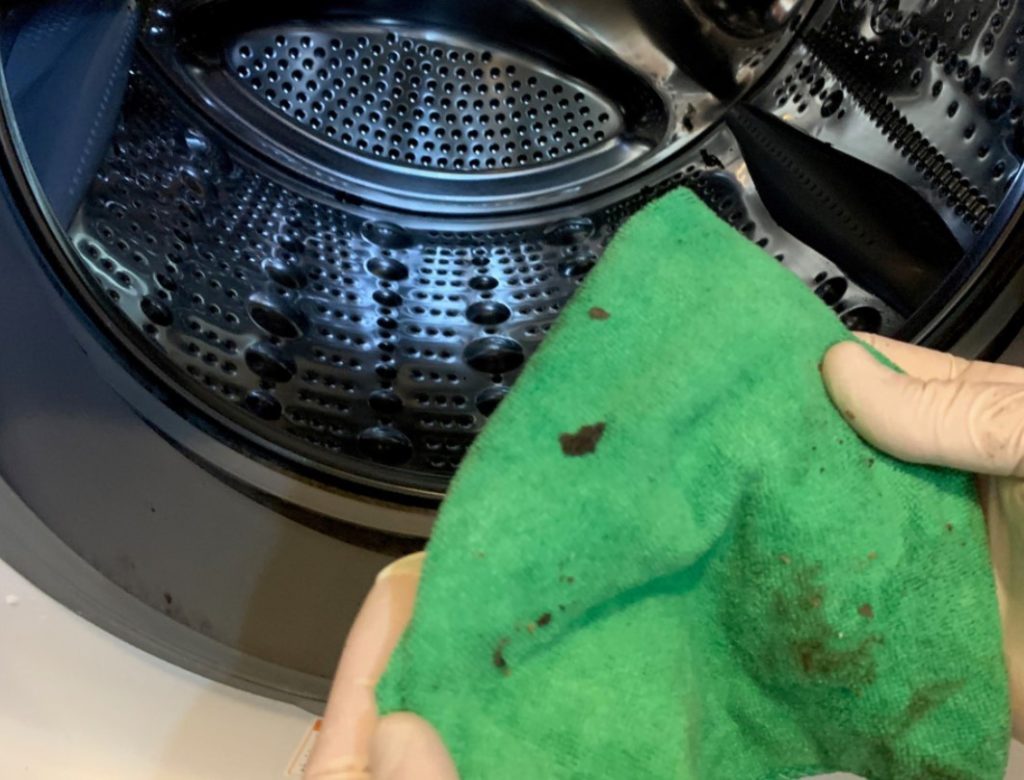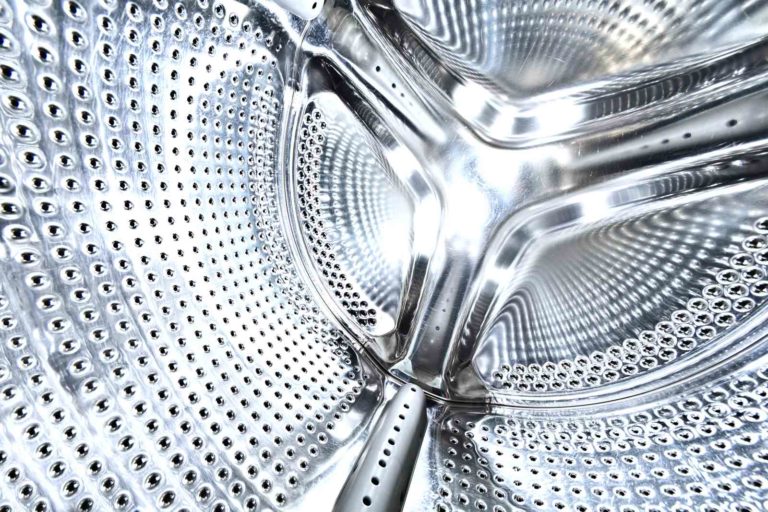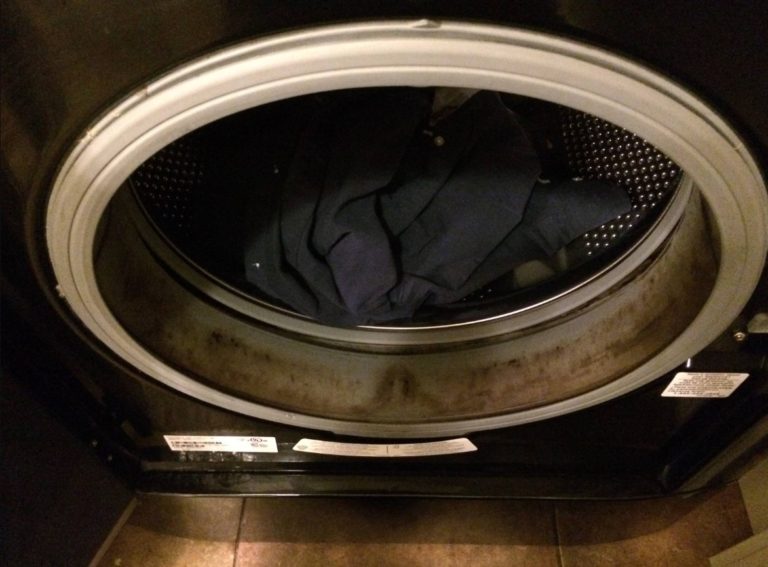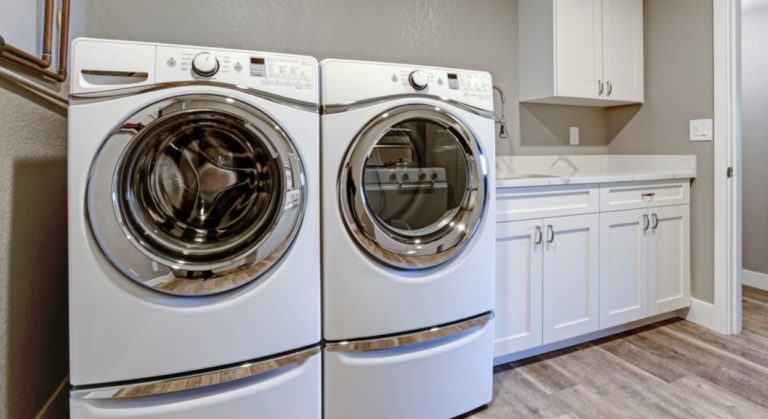A bad smell is usually the first indication that your washer needs a good scrub. Over time, bacteria, limescale, soap scum, slime and mildew can all accumulate inside your washing machine, preventing your washer from working efficiently. And leaving your clothes dirtier than when you put them in there.
We put clothes into a washer with the intention of removing bacteria, dirt and sweat. But sometimes they come out with unexpected results.

Do you notice a stale musty smell on your clothes? Let’s take the sniff test:
If you notice a metallic smell, there may be underlying rust which can be damaging to the machine and clothes.
For smells such as must or mildew, the likely culprit is mold. Search around for this in the front rubber gasket of front loading machines. Or rub your hand along the inner drum to determine if there is a slimy “feel”. Be sure to wash your hands afterward.
Another common smell is that of eggs, sulfur, or even sewage. This a strong indication of bacterial buildup. We may not want to think about it closely, but washers are used to clean undergarments. And undergarments are said to carry about a tenth of a gram of feces in the average pair of underwear. This fecal matter carries many harmful germs such as Hep A, norovirus, salmonella and E. coli.
Environmental microbiologist Charles Gerba is an expert on environmental hazards. A a microbiology professor in the University of Arizona’s soil, water and environmental sciences department, he warns that after a study of 50 homes in Tucson and 50 in the Tampa Bay, Florida area, coliform bacteria abounds in many washing machines. In fact, 60% of washing machines had coliform bacteria. Using hot water and longer cycles for laundry as well as disinfecting cleaners can lessen this bacterial contamination.



